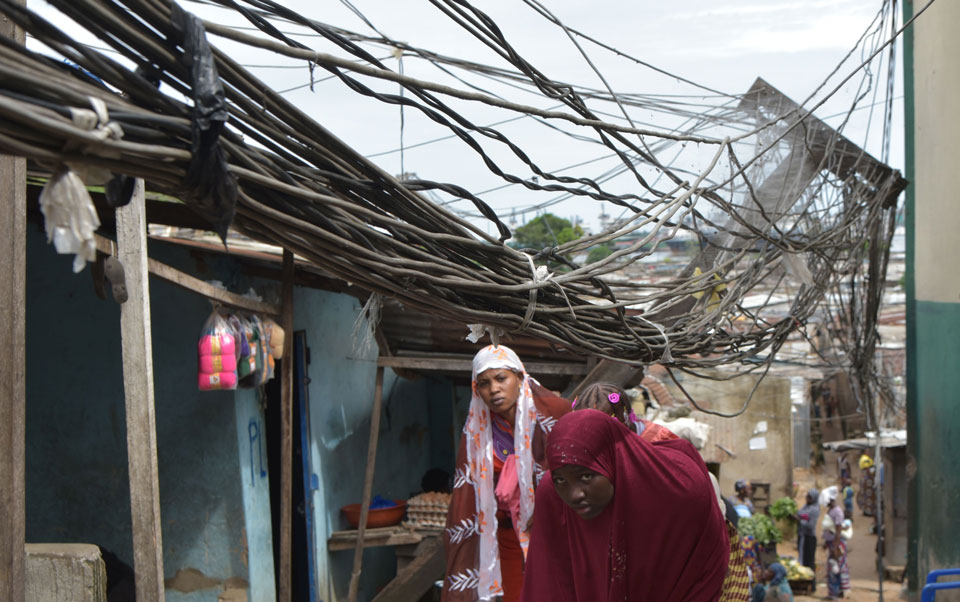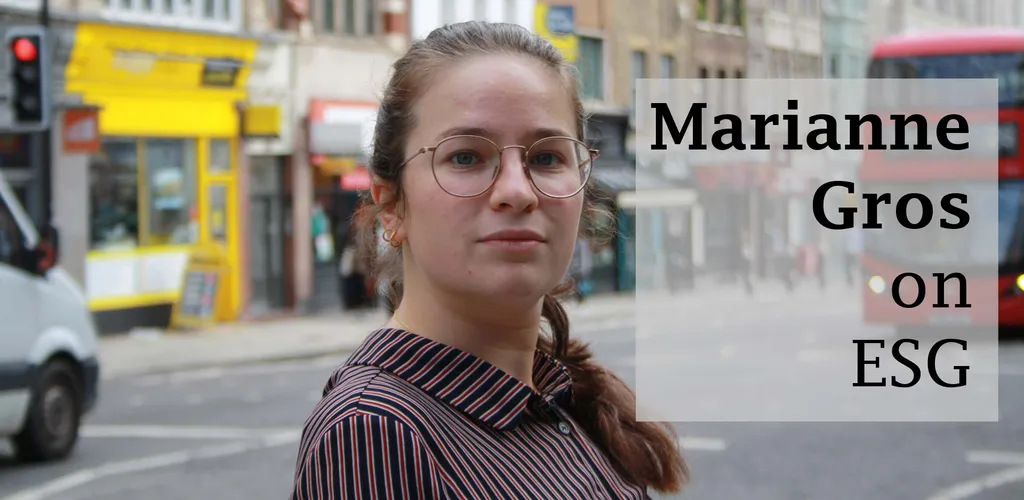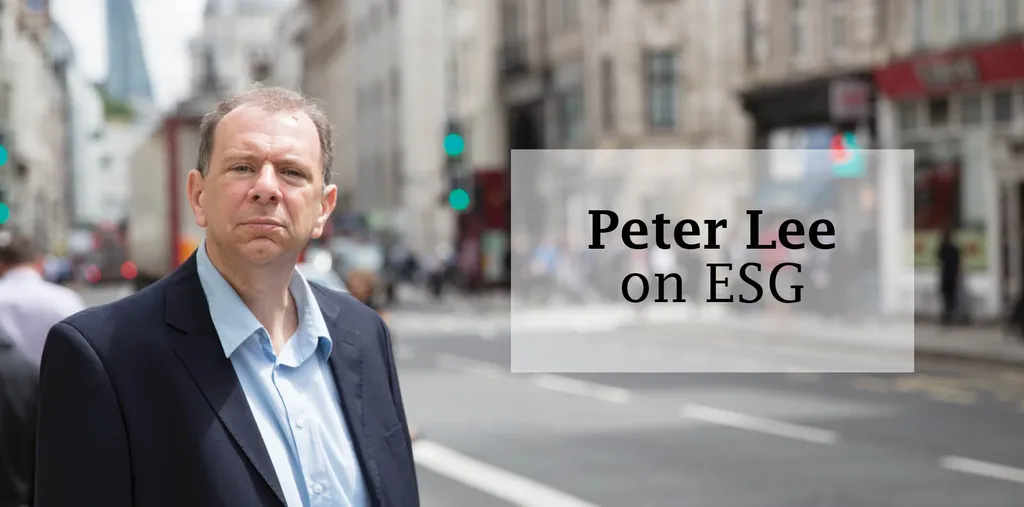Socially Responsible Investment
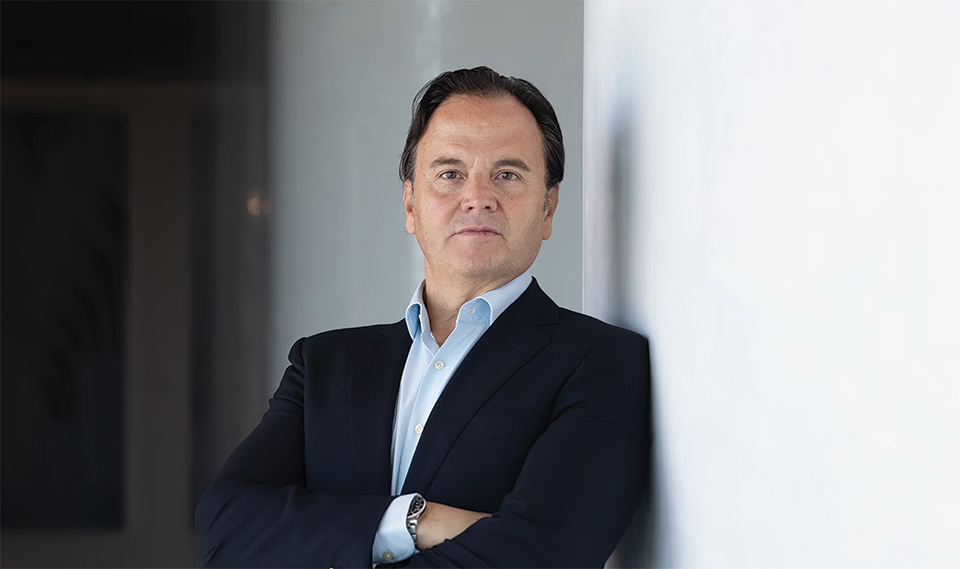
Sustainability
BBVA’s Soler on why size matters for the energy transition
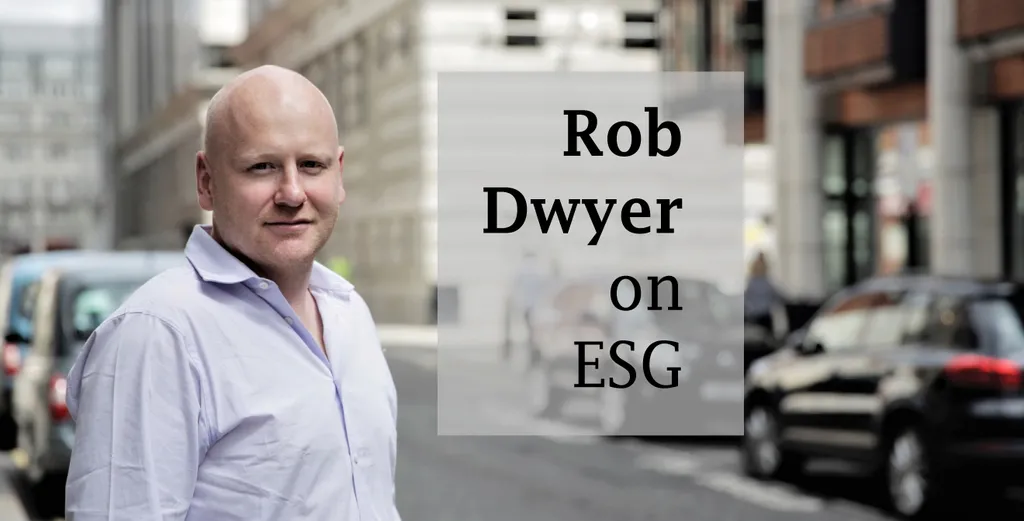
Sustainability
As climate adaptation rises, will mitigation suffer?

Sustainability
Cutting through the noise on the impact of ratings

Sustainability
Can social bonds drive social impact?

Sustainability
Where have all the dark-green funds gone?

Sustainability
Red, blue or green: the battle over the ESG consensus

Sustainability
